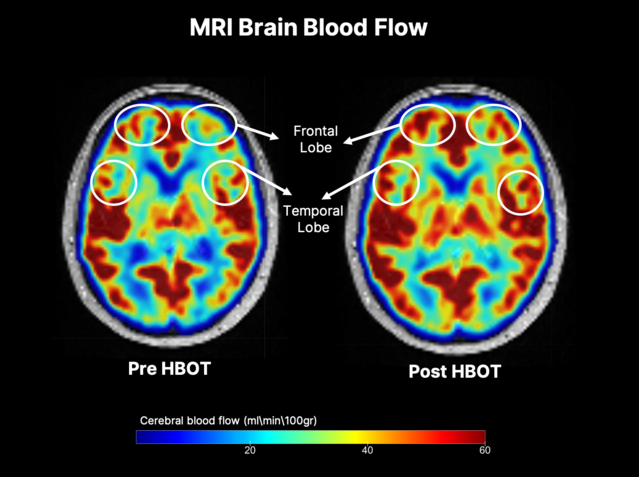Post-Injury Concussion Testing
Because each head injury is unique, the team of specialists at Aptiva Health Sports Medicine works closely to test and treat your concussion.
Cognitive tests — such as ImPACT® (Immediate Post-Concussion Assessment and Cognitive Testing) — are key tools we use to diagnose signs of a concussion.
The ImPACT test looks at your:
Verbal and visual memory.
Brain processing speed.
Reaction time.
Cognitive tests alone cannot diagnose a concussion.
You may also have a neurovestibular exam as part of the first evaluation. This exam looks for vestibular, balance, and vision problems that often occur with a concussion.
Your doctor may order imaging tests — such as MRI or CT scans — to make sure there's no bruising or bleeding in your brain.
To confirm a concussion diagnosis, your doctor will use the data from your:
Exam and interview.
ImPACT or other cognitive tests.
Imaging and any other test results.
What is a Concussion Protocol?
Concussion protocol is an agreed upon plan for managing concussions.
Anyone who handles concussions needs to have a concussion protocol in place.
Concussion protocol documents all processes from pre-activity education to clearance policies.
Effective concussion protocol takes into consideration that every concussion is different.
Successful concussion protocol has a variety of assessment tools and involves multidisciplinary team members.
Concussion protocol needs to be reviewed and updated with best practices annually
Concussion Treatment Options
Here is some helpful information if you have been diagnosed with a concussion:
Don’t rush back - it is generally advised that anyone who has had a head injury should take things slowly. If possible, try to return to you usual activities gradually after a head injury.
Sleep hygiene - if you are having problems sleeping and are feeling very tired, try to stick to a regular schedule.
Medication to help symptoms - your doctor may suggest some medication to help some of the symptoms of post concussion syndrome such as:
Amitriptyline
Zofran
Tylenol PM
Keep your stress levels down.
Physical therapy - vestibular rehabilitation - if your PCS is causing vertigo your doctor may prescribe vestibular rehabilitation to help with your symptoms. Vestibular rehabilitation therapy (VRT) is an exercise-based treatment program designed to promote vestibular adaptation and substitution. The goals of VRT are:
enhance gaze stability
enhance postural stability
improve vertigo
improve activities of daily living.
Avoid alcohol and recreational drug usage.
Avoiding activities that worsen symptoms such as:
Television
Loud sounds and music
iPad or tablets
Long periods of computer usage
Emerging Concussion Treatment
Coming soon to Aptiva Health Sports Medicine will be the treatment option of hyperbaric oxygen therapy! The use of Hyperbaric Oxygen Therapy to treat concussions and traumatic brain injuries in patients aims to relieve symptoms and accelerate recovery by promoting damaged tissue repair and angiogenesis, or blood vessel growth.
The brain needs oxygen and energy to function optimally. An emerging concept is that these traumatic brain injuries are like wounds on other parts of our body, but not as readily visible. Exposure to hyperbaric oxygen increases the amount of oxygen that is carried by the blood. Because disruptions in blood flow are common in mTBI, HBOT allows for oxygen to be delivered and to facilitate healing. HBOT triggers healing by promoting the release of stem cells that can migrate to injured areas, promoting angiogenesis (the growth of new capillaries) and supporting energy production at the level of the mitochondria.
The most exciting research is being done in Israel on civilian patients with mTBI. This research is being led by Shai Efrati, MD. His team has published a series of articles that show excellent results inpatients with mTBI. They have had a marked reduction in symptoms, with many of them returning to normal levels of functioning. But these researchers have taken this a step further, by using advanced imaging techniques to show increases in cerebral blood flow/volume and the increase in white matter tracts, the physical improvements are now visible. Improvements that are seen clinically are being quantified.
Hyperbaric oxygen may be a very important clinical intervention in patient with mTBI when conventional modalities have not made a significant impact.
Watch Now: How Joe Namath Reversed His Own Brain Damage Caused by Football






